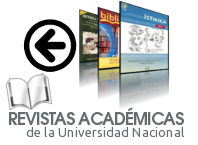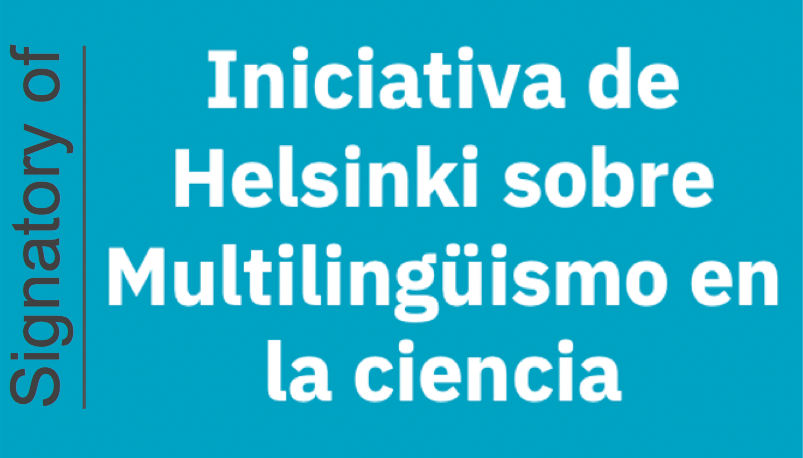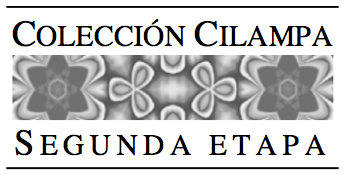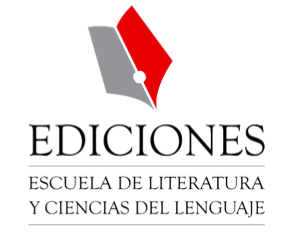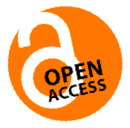La percepción en los estudiantes de su interacción con hablantes nativos
DOI:
https://doi.org/10.15359/rl.2-72.7Palabras clave:
inglés como lengua extranjera, aprenizaje de idiomas, hablante nativoResumen
Se analiza la experiencia de los aprendientes al interactuar con hablantes nativos. Estos encuentros refuerzan su proceso de aprendizaje, más allá de las actividades de la clase, o la exposición a un dialecto. La propuesta principal de esta sistematización es incorporar la interacción con hablantes nativos del inglés en el programa del curso. Ello permite adquirir la lengua meta de forma espontánea y desarrollar las habilidades auditivas, orales y de lectura. Se muestran algunos problemas presentados por los estudiantes y estrategias para superar las limitaciones detectadas.
Referencias
Appel, René and Pieter Muysken. Language Contact and Bilingualism. Amsterdam: Amsterdam UP, 2005.
Arnold, Jane and Carmen Fonseca-Mora. “Language and Cultural Encounters: Opportunities for Interaction with Native Speakers,” Language Learning Beyond the Classroom. New York: Taylor & Francis, 2015. 225-234.
Ellis, Rod. Language Teaching Research and Language Pedagogy. West Sussex: John Wiley & Sons, 2012.
Fernández Dobao, Ana. “Collaborative Dialogue in Learner-Learner and Learner-Native Speaker Interaction,” Applied Linguistics 33, 3 (2012): 229-256. 8. DOI: https://doi.org/10.1093/applin/ams002.
Field, Kit, ed. Issues in Modern Foreign Languages Teaching. London: Routledge, 2000.
Goh, Christine. “How Much Do Learners Know about the Factors That Influence Their Listening Comprehension?,” Hong Kong Journal of Applied Linguistics 4, 1 (1999): 19-26.
Hargie, Owen. Skilled Interpersonal Communication: Research, Theory and Practice. London: Routledge, 2011.
Harley, Peter. Interpersonal Communication. London: Routledge, 1999.
Hazen, Kirk. “Teaching about Dialects,” ERIC Clearinghouse on Languages and Linguistics. Washington DC, 2001. 1-9.
Hill, Sam and William Bradford. Bilingual Grammar of English-Spanish Syntax. Maryland: University Press of America, 2000.
Lekova, Branimina. “Language Interference and Methods of Its Overcoming in Foreign Language Teaching,” Trakia, 8, 3 (2010): 320-324.
Namaziandost, Ehsan, Leila Neisi, and others. “The Relationship between Listening Comprehension Problems and Strategy Usage among Advanced EFL Learners,” Cogent Psychology 6, 1 (2019): 1-19. DOI: https://doi.org/10.1080/ 23311908.2019. 1691338.
Singhal, Meena. “The Internet and Foreign Language Education: Benefits and Challenges,” The Internet TESL Journal 3, 6 (1997).
Wolfram, Walt and Natalie Schilling. American English: Dialects and Variation. London: Blackwell, 2016.
Wray, Alison. “Formulaic Language in Learners and Native Speakers,” Language Teaching 32, 4 (1999): 213-231. DOI: 10.1017/S0261444800014154.
Publicado
Cómo citar
Número
Sección
Licencia
Principios básicos:
a) Los autores conservarán los derechos de propiedad intelectual de sus aportes o artículos;
b) Cada autor deberá indicar expresamente que ese artículo lo entrega, en calidad de exclusividad, a la revista LETRAS; y
c) La revista Letras se reservará el derecho de autorizar para fines académicos no lucrativos la reproducción y uso de ese material por parte de terceros, siempre que éstos indiquen expresamente la procedencia del artículo. Todo ello se postula en concordancia con la normativa de "Creative Commons Atribution License", recomendada.

This work is licensed under a Creative Commons Attribution-NonCommercial-NoDerivs 3.0 Costa Rica License.

